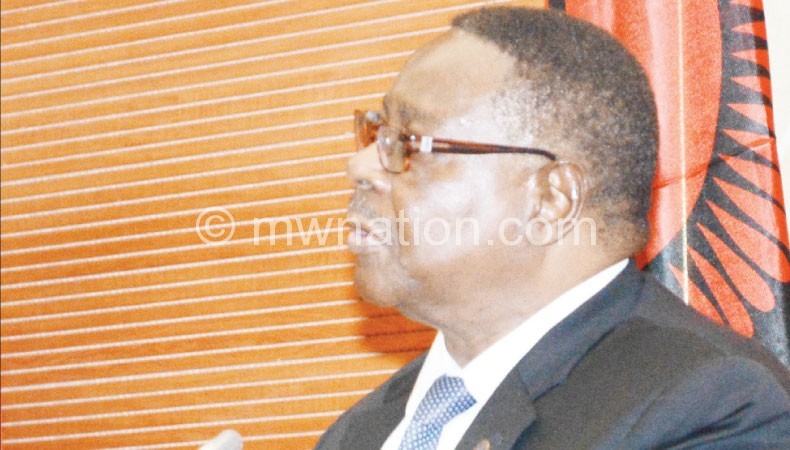Malawi to establish mining contract negotiating unit


Malawi President Peter Mutharika has unveiled plans to establish an independent contract negotiating unit in the extractive industry to ensure that mining contracts are properly negotiated to maximise benefits for the country.
The establishment of the unit will come amid deep-seated accusations from the civil society and mining industry critics that the country’s economy, let along its citizenry, has not reaped benefits of the mining ventures.
A renowned mining industry critic, Rafiq Hajat, who is also executive director of Institute of Policy Interaction (IPI), has since welcomed the planned establishment of the unit, saying that is what they have advocated for since 2007.
In the State of the Nation Address marking the opening of the 45th session of Parliament and the July-October 2014 provisional budget meeting on Tuesday, Mutharika said government will, in the coming financial year, start a countrywide geological mapping exercise, with support from the French Government.
“This will lead to the production of new geological, mineral occurrence, geochemical, metallogenic and seism-tectonic maps for our country. Government will also ensure that in future, mining contracts are properly negotiated to maximise benefits for the country.
“In this regard, government will establish an independent contract negotiating unit in extractive resources. Further, we will subscribe to the Extractive Industries Transparency Initiative (EITI),” he said.
The pronouncements by the President come after major donor countries at the Group of Seven (G7) Summit in Brussels announced they will unveil a new initiative dubbed Strengthening Assistance for Complex Contract Negotiations (Connex) aimed at strengthening the ability of developing countries’ governments to negotiate complex contracts, particularly around the extractives sector.
This is in response to increasing frustration expressed by officials and civil society in developing countries such as Malawi over their inability to match the negotiating power of multinational corporations, resulting in what they see as unequal deals.
Hajat told Business News on Wednesday that mining contracts or agreements have tilted towards investors and not Malawians, especially those living in the proximity of the mining areas.
He, however, said before the unit is established, there is need to ensure that the legal framework is harmonised and capacity beefed up to ensure that Malawi bargains for the best deal.
“There is need for capacity on the part of government to monitor the operation of mining companies, civil society organisations to ensure that the promises and pledges [made by mining companies] are being met,” said Hajat, calling for the harmonisation of mines and mineral Act, occupation and safety Act, employment Act, environment Act, investment Act, taxation Act and Land Act.
In the past few years, government has issued over 200 mining licences for mineral exploration on land and Lake Malawi and some of them include dual-listed Paladin Energy Limited through its subsidiary Paladin Africa Limited and Mkango Resources Limited, exploring rare earths at Songwe Hills in Phalombe among others.





